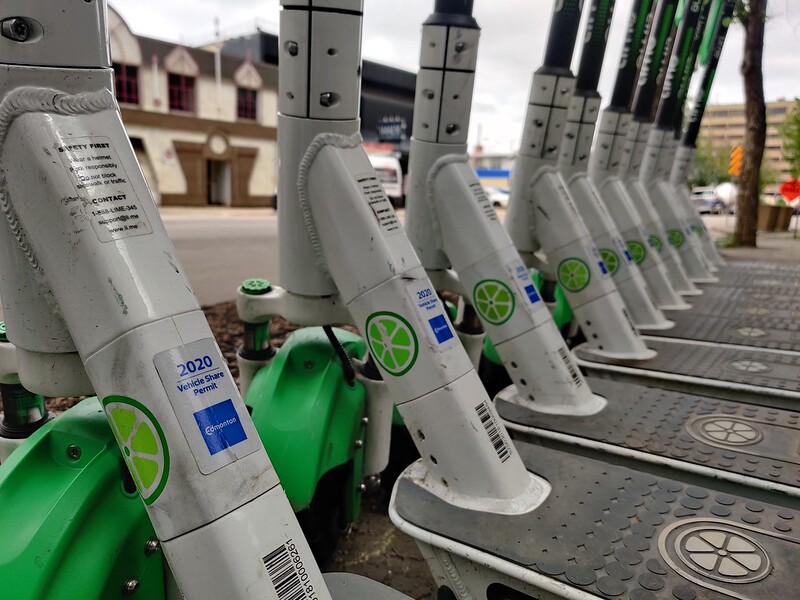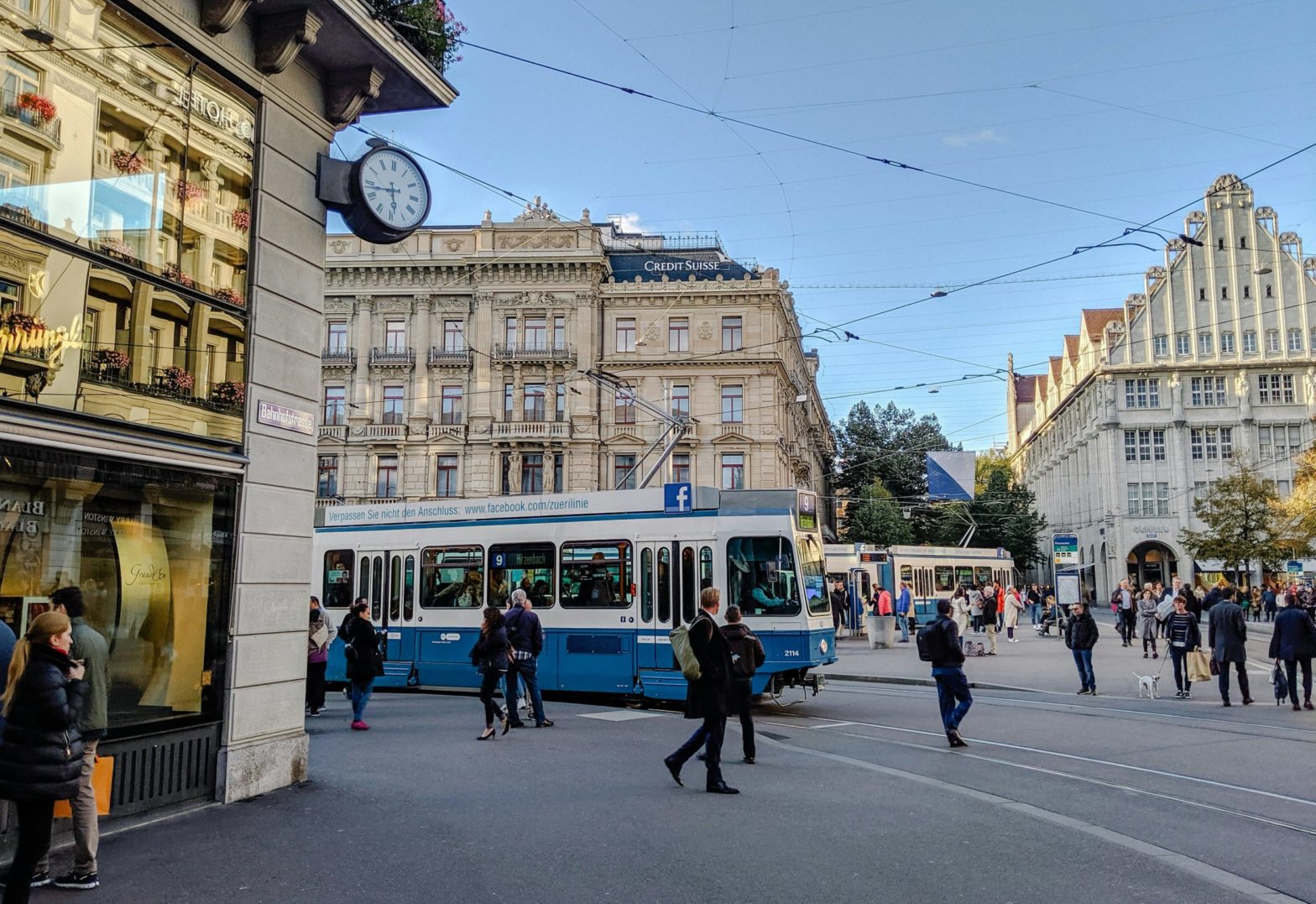
Photo: Mack Male (Flickr)
Oakland’s ‘universal basic mobility’ pilot gets underway
10 January 2022
by Christopher Carey
Oakland’s Department of Transportation (OakDOT) has launched a Universal Basic Mobility pilot that will see residents benefit from a US$300 credit to use on sustainable modes of transport.
The scheme is part of the Californian city’s plan to boost equity and reduce dependence on cars, with participants able to spend the funds on public transit, bikeshare and shared e-scooter programmes.
Some 500 pre-paid debit cards with a US$150 credit were distributed to residents last week, with a further US$150 to be added to each card at the end of January when recipients complete a survey.
“Poverty is not a personal failure – it’s a policy failure. We must continue to tackle these issues aggressively to improve outcomes for our most vulnerable neighbours,” said Oakland Mayor Libby Schaaf.
“Oakland is a place where our drive to innovate with our public services matches with our community values, and I’m so proud that OakDOT is proving the value of that pairing once again with this pilot effort.”
Modal shift
The city says the overall goal of the scheme is to increase walking, biking, public transit, and shared mobility trips in East Oakland while reducing drive-alone private vehicle trips.
To accomplish this goal, the pilot uses a “personalised marketing approach” and partnerships with community-based organisations to educate participants about transportation options and reduce financial barriers.
The scheme is being funded by a US$243,000 grant from the Alameda County Transportation Commission, and after an evaluation in spring, a decision will be made on whether to expand the programme, city officials said.
More than 1,000 people expressed interest in participating in the pilot, and 500 were chosen at random.
Those not selected are currently on a waiting list and will be chosen if the pilot receives long-term funding.
“The Universal Basic Mobility Pilot leverages the tremendous investment in the East Bay’s first bus rapid transit (BRT) line by making rides on public transit, bikeshare, and e-scooters available at no cost to participants,” OakDOT Director Ryan Russo said.
“Eliminating financial obstacles to mobility is critical to supporting the needs of East Oaklanders who most struggle with the twin costs of housing and transportation.”
In October, the city launched the second phase of Oakland Resilient Families (ORF) – one of the largest guaranteed income pilots in the US – providing 300 families with low incomes US$500 per month for 18 months.
Move PGH
Oakland is not the first US city to experiment with the concept of universal basic mobility.
In July, Pittsburgh announced the creation of two initiatives designed to boost equitable access to mobility and expand the number of services on offer across the city, providing up to 100 low-income residents with monthly transit subscriptions and shared mobility services for six months.
“Similar to guaranteed basic income, we’re looking at what would happen if people didn’t have to worry about access to basic transportation – if they could reliably and resiliently get where they’re going,” said Karina Ricks, then Director of Pittsburgh’s Department of Mobility and Infrastructure.
“This is especially [true] for those on low income who are kept in this cycle at the bottom.”
Last September, Pittsburgh City Council gave its initial approval to a programme designed to give low-income residents a guaranteed monthly cash payment.
The Assured Cash Experiment will see 200 individuals receive a US$500 a month for two years.
Image: Mack Male (Flickr)











